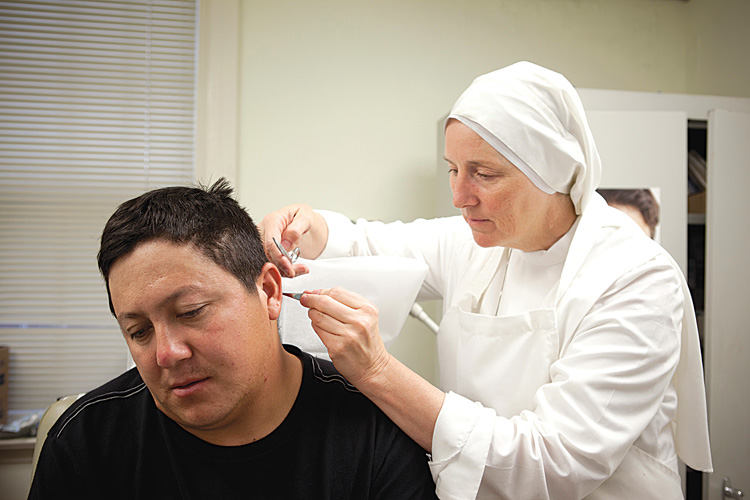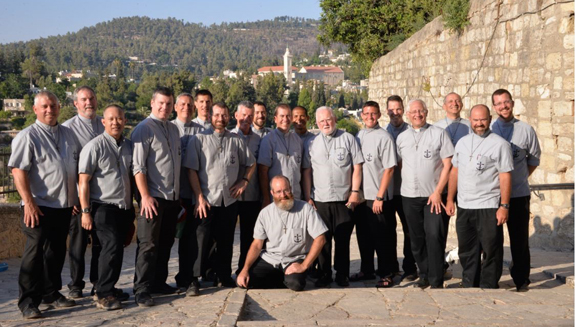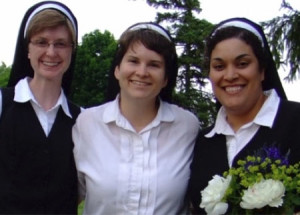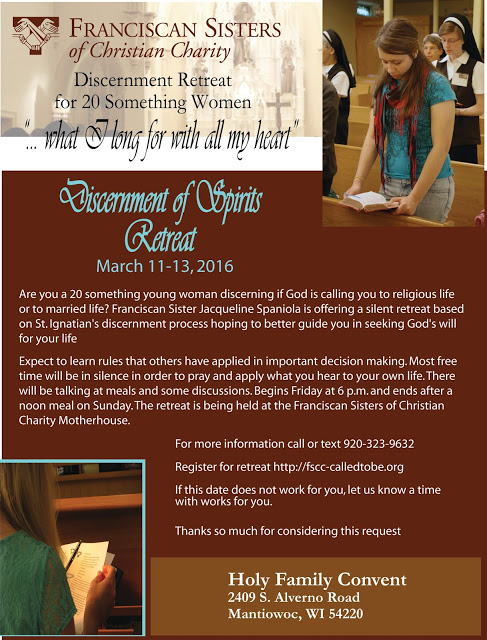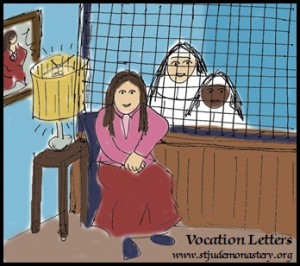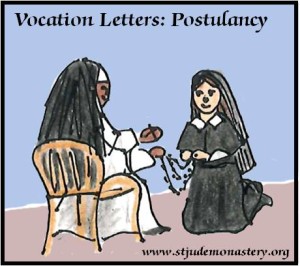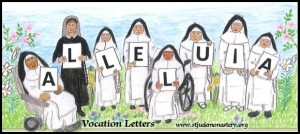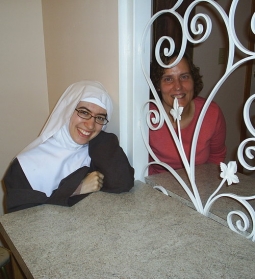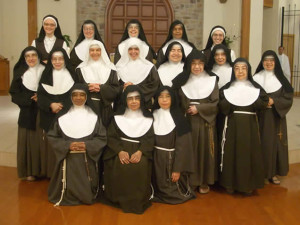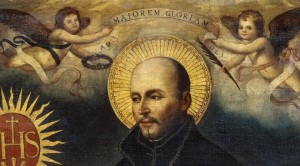This post, helpful for everyone in the process of discernment, comes from Conception Abbey, a Benedictine Monastery in Conception, MO . For the complete blog post, visit: https://www.conceptionabbey.org/discernment-fears/
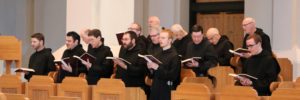
5 Common Fears with Discerning your Vocation
Many men and women who are discerning a religious vocation hesitate in taking the next step because they are restrained by any number of fears. Listed below are five fears common to men and women discerning religious life and some helpful advice to banish the fear and draw near to the Risen Christ who offers you peace.
- What if I am making the wrong (or a bad) decision?
If you are praying daily, striving to live a virtuous life, and remaining close to the Sacraments, you will know if you are making the wrong decision. Religious formation is a process where you continue to discover and realize God’s call in your life. When you enter a religious community, there is a period of one to two years (or longer) that you experience before you profess vows or make any further commitment. Additionally, religious communities are wise in the discernment process and only want candidates who have an authentic call to commit themselves to the way of life, and this call is most fully realized when it is tested over a period of time.
- The fear of what others will think, especially parents or friends
Sometimes friends and family members may not understand or completely accept your decision to enter religious life. It is important for friends or family to visit the religious community to meet and interact with its members. If you decide to enter a community and find peace and fulfillment, it often alleviates the pressure that comes from friends or family members, because their opposition diminishes when they see your joy.
- Focusing too much on the sacrifices
Jesus assured St. Peter, “Everyone who has given up houses or brothers or sisters or father or mother or children or lands for the sake of my name will receive a hundred times more, and will inherit eternal life” (Mt 19:29). Do not be afraid to live no longer for yourselves, but for Christ. There are many joys and blessings in following Christ in religious life, and many times you find yourself surprised by how good and generous God truly is!
- I’m afraid that I’m following my own voice and not Jesus’ voice
If you truly desire to hear God, the call will not remain hidden, nor will it be presented as a puzzle that you have to ‘figure out.’ Gather all the information necessary to make a well-informed and prudent decision, pray as if it all depends on God, but when it is time to act, place your trust entirely in God. If your decision was made peacefully and with a desire to please God, then you can move forward with confidence. Since it is a real challenge not to be guided by self-will, it is most important to find a priest or spiritual director to listen and guide you throughout the process.
- I’m not worthy or holy enough
Religious life is not for the perfect, but for those who desire holiness and strive to call themselves to conversion each and every day. Jesus said, “I did not come to call the righteous but sinners“ (Mark 2:17). Most religious men and women seek community life because they are aware of and readily admit their need for the support and encouragement of others to persevere on the path that leads to God. The call to holiness requires that you embrace your humanity, with both your strengths and weaknesses, to become the man or the woman that God desires you to be.
I encourage you to visit the Conception Abbey website/blog posts for more information on discernment.
https://www.conceptionabbey.org/monastery/
Like this:
Like Loading...



